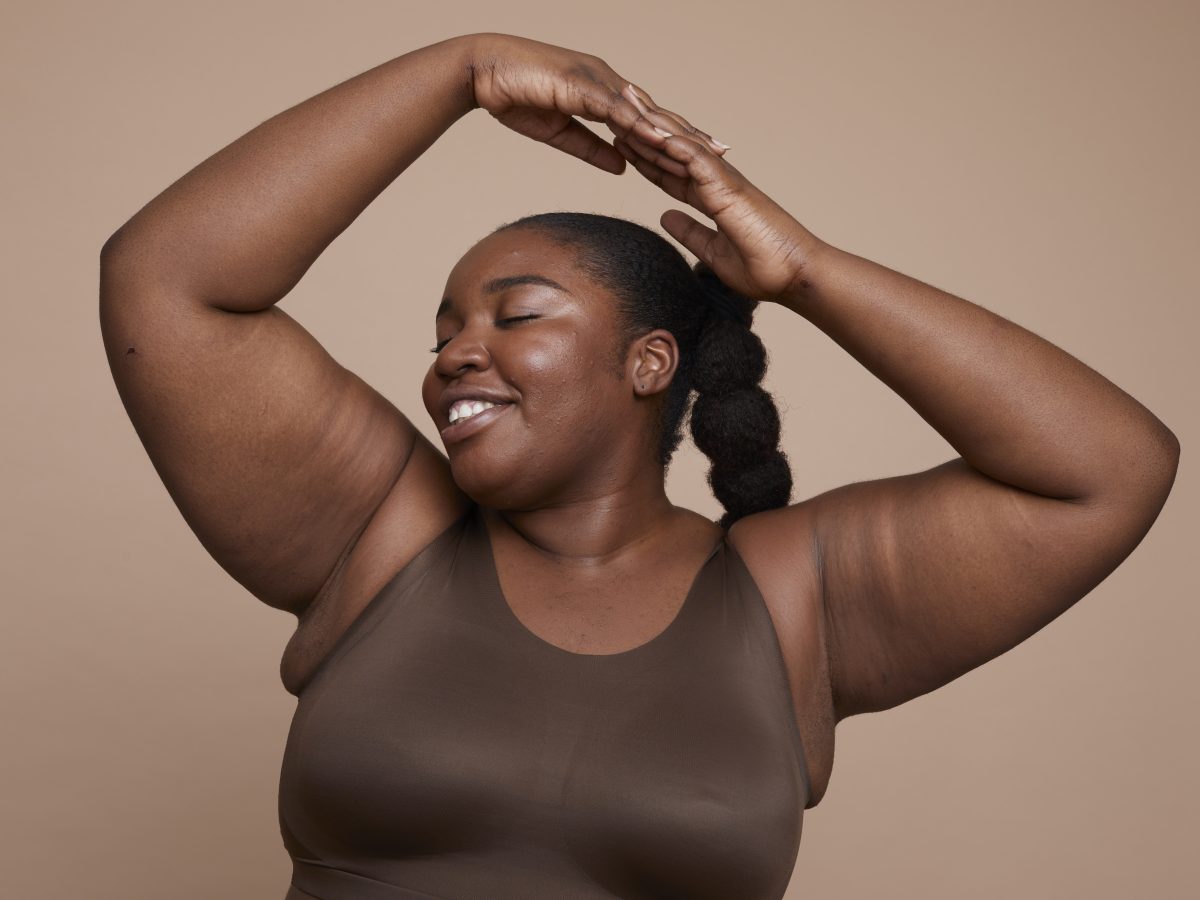
Within recent prevalent beauty panels, discussions surrounding body inclusivity continue to spark ongoing debates filled with different insights and perspectives. We’ve seen celebrities and influencers speak out against society’s often strict beauty standards, especially concerning women’s appearances. Even some of the most influential figures use their social platforms to promote body positivity. It might seem to the casual observer that we are strong allies of those who are underrepresented. From a mainstream perspective, we have appeared to be a nation that takes pride in supporting those judged based on their appearance. Undoubtedly, the visibility of body diversity has increased significantly in public spaces. Although society has become more accepting of body diversity in public, a hidden stigma persists.
On one hand, society promotes the idea that all body sizes are accepted within the entertainment and beauty industries. However, there’s a notable shift where a person’s career can improve significantly once they decide to lose weight. Suddenly, comments and questions like: “Did they do something different to themselves?” begin to surface, and the internet starts praising their attractiveness. For major influencers, you start seeing them featured more often in collaborations with various people in the entertainment industry. They start becoming an overnight sensation across the Internet, appearing in X’s most trending topics weekly as they secure more brand partnerships and career-changing opportunities. Though these incentives seem incredible, and while weight loss can be a genuine step toward greater personal health or confidence, this presents an inquisitive moment to analyze whether these new opportunities are a direct reflection of how fatphobia exists even after a significant amount of weight is lost.
If we truly consider it, when someone loses weight, their appearance can indeed change. Yet, no facial reconstruction is involved. No mind-bottling alterations are done to anyone’s facial features when they lose weight. In fact, the facial features remain essentially unchanged. Therefore, one should ask: what has actually changed about that person besides their weight, and why have they suddenly become more attractive to the general public? The most straightforward answer is that many people may base their level of attraction on what society dictates as acceptable beauty standards. Nonetheless, people who share this reaction are not the ones to blame, as the problem deepens into a broader conversation about the subconscious enforcement of how every person’s particular type should be portrayed.
We’ve even seen this happen during our middle and high school years. Whether over the summer or during holidays, someone gains or loses weight, and the school community starts gossiping about their new appearance. When the conversation veers towards the latter, people who once mocked someone for their size are now crowding around their locker, and others begin to approach with phrases like “hey, big head” or “looking good” rizz. It’s flattering when someone notices your body changes. However, this highlights a deeper, more serious issue.
There is an ongoing internal struggle within society to accept that beauty shines through regardless of color or size. Many people’s beauty standards are rooted in discomfort with the idea that beauty should not be reserved only for those who are size 0. This subconscious pressure begins at a young age, as we start forming our opinions through exposure to television and media outlets that promote narrow beauty ideals. These societal standards are blatantly depicted in music videos, late-night entertainment reports, magazines, and tabloids. Before we are fully aware of how these influences shape our subconscious views on beauty, we begin judging each other’s beauty on the premise of whether someone can fit into a particular pair of jeans or a dress. Little do people realize that these influences also affect our subconscious desires.
As a result, many stop pursuing their true internal desires and instead aim for what is considered socially acceptable within their circle. This creates a domino effect, as we observe influential figures vocalize their attraction to an idealized celebrity shape. Comments often revolve around what should be considered “fat,” “thick,” or “skinny,” and who fits into these categories, sparking deeper conversations about what constitutes the ideal body shape. This leads to the internet responding with approval or disapproval, either body-shaming or sexualizing certain celebrities. However, when a celebrity or individual loses weight, those negative comments about their beauty tend to disappear, buried in the internet’s archive of deleted or overlooked content. Yet, has anyone stopped to consider the pressure that is placed on an individual to stay a specific size?
This raises a lingering question: Should one consider that psychological stress from the fear of gaining weight back stems from the influence of fatphobic culture in society? The answer is complex—when examining this perspective, we must consider the negative psychological impact that occurs when individuals face the stigma of being deemed an acceptable size after extreme weight loss. Think about the mindset developed as someone witnesses the transition from being body-shamed by peers to being sexualized under the influence of modern beauty standards from both online and real-life sources. The pressure a person feels to stay a specific size when they see the alternative response from the public, compared to when they were considered bigger, can be mentally exhausting as they start to fear over-consuming or falling off their health journey. This stigma can alter how someone presents themselves to the world, whether as a creative individual or simply as an individual. Therefore, we must be cognizant of how our reactions to each other’s health journeys are perceived.
With all that said, society needs to improve at breaking down the walls of this stigma and work toward eliminating fatphobia culture by celebrating individuals for their innate worth, praising beauty without labeling it as “plus-size,” and simply recognizing beauty. Once that happens, we will see changes in modern society as more people will start to break out of their shells and fully express their authentic beauty without fearing stigmatization for their weight.